"So, you've received some not-so-great feedback from a customer, and now it's time to address it with the person responsible. It's a common challenge that many of us face, but fear not! I'm here to share some tips on how to handle this delicate situation.
The key to all of these kinds of difficult conversations is to be brave; no one enjoys having to tell someone they’ve done a bad job, and no one wants to hear it, but you owe it to them to give feedback so they know when there’s an issue and can have an opportunity to improve.
[addCTA blink=""/services/ongoing-hr-services/"" title=""Experience peace of mind with our ongoing HR support.""]
What happens if you wuss out and don’t give the feedback? More unhappy customers, which will mean you’ll no doubt lose some/all of them and that will lead to bigger problems for everyone.
There’s also the issue of colleagues seeing poor performance not being addressed and how that makes them feel about the company and about your leadership; all in all, it has to be done, so be brave and have those courageous conversations. Here’s how:
- Take a deep breath, and keep calm: Before you jump into action, it's crucial to approach the conversation with a cool head. Negative feedback can sometimes trigger defensive reactions, but remember that your goal is to find a solution, not assign blame.
- Plan your conversation: Think about what you want to achieve through this discussion. Take some time to gather all the relevant information, such as the specifics of the feedback, any supporting evidence, and the impact it had on the customer. This will help you have a clear and focused conversation.
- Choose the right time and place: Find a suitable setting where you can have a private conversation with the person responsible. Avoid confronting them in front of their colleagues, as it may make them defensive or embarrassed. Timing is crucial, so ensure you have enough time for a thorough discussion.
- Use the feedback as a learning opportunity: Instead of dwelling on the negatives, approach the conversation from a growth mindset. Acknowledge the feedback as a chance for personal and professional development. Encourage the person responsible to reflect on the situation and brainstorm ways to improve in the future.
- Active listening is key: During the conversation, make sure you actively listen to the employee's perspective. Give them a chance to explain their side of the story, and ask open-ended questions to encourage a dialogue. By showing empathy and understanding, you can build a bridge to finding a resolution.

- Provide constructive feedback: Once you have heard their perspective, it's time to provide constructive feedback. Focus on specific behaviours or actions that need improvement rather than criticising the individual as a whole. Offer suggestions for alternative approaches and provide resources for further learning if necessary.
- Collaborate on an action plan: Together with the person responsible, develop a plan of action to address the concerns raised by the customer. Set clear and achievable goals, and establish a timeline for follow-up. Encourage them to take ownership of their development and offer support along the way.
- Follow up and monitor progress: Remember, addressing the issue doesn't end with the conversation. Regularly check in with the employee to monitor their progress and offer guidance as needed. Celebrate milestones and provide positive reinforcement to keep them motivated.
- Foster a culture of learning: Use this opportunity to reinforce the importance of continuous improvement and customer satisfaction within your organisation. Encourage open communication, constructive feedback, and learning from mistakes to create a positive work environment.
- Celebrate successes: Finally, don't forget to celebrate when positive changes occur! Recognise and reward the efforts of the person responsible for their growth and improvement. It's essential to create a culture where feedback is seen as a catalyst for growth and not as a reason for demoralisation.
Remember, mistakes happen, and negative feedback can actually be a valuable tool for growth and improvement. By addressing it in a supportive and constructive manner, you can turn this challenging situation into an opportunity for personal and professional development. Good luck, and if you need any help in navigating those difficult conversations, or you want to arm your leaders with the ability to tackle these challenges head on with some coaching, Get in touch!"













